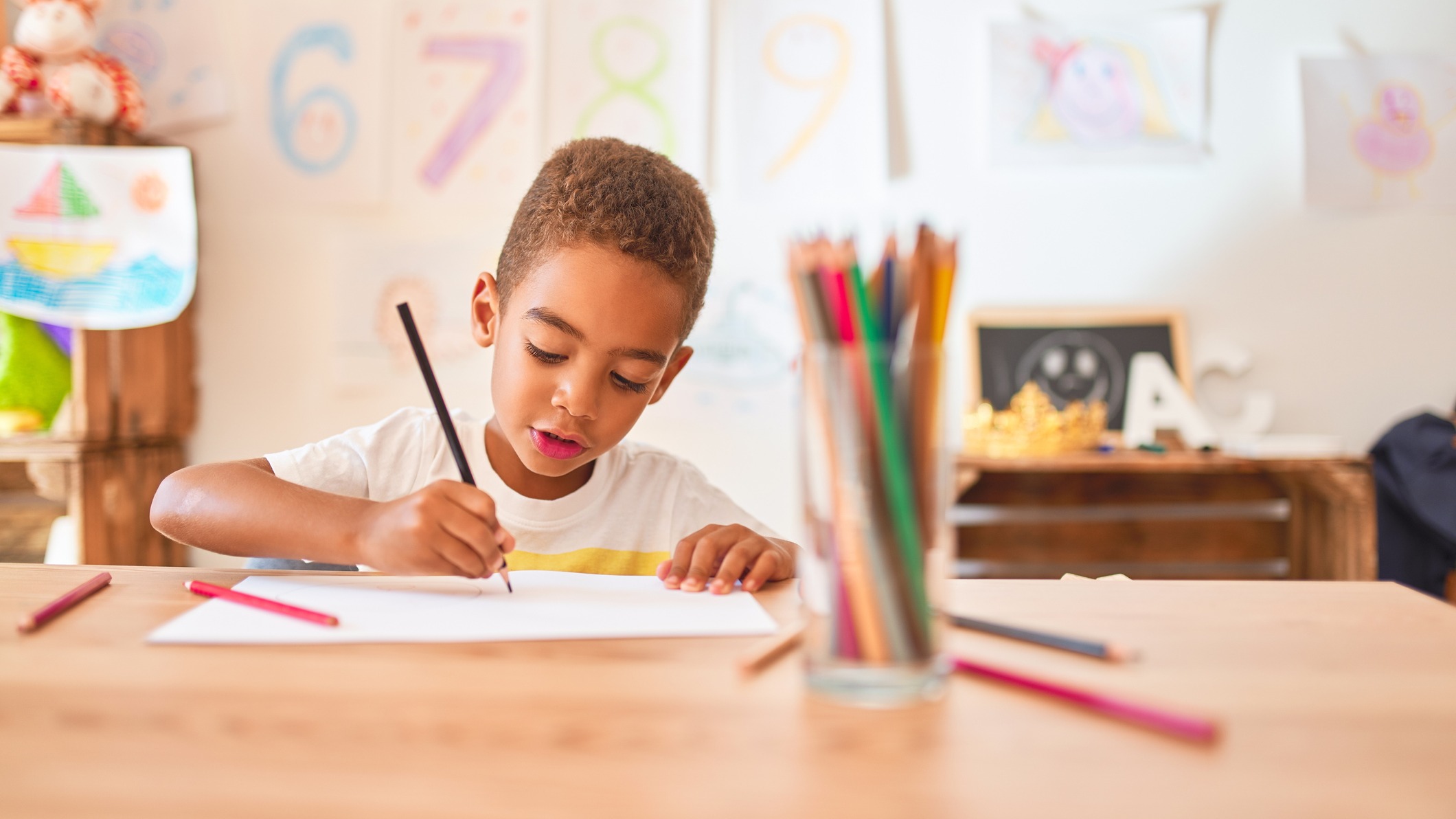
Children are a blessing and are perhaps the most important people in your life. They bring so much joy and make every day worth living. However, there are times when your child’s energy can be hard to handle. They are always running around, trying to grab things that are unsafe, and they get into everything. But have you wondered why your child tends to behave in this way?
Susan J. Schwartz, clinical director of the Institute for Learning and Academic Achievement at the New York University Child Study Center, has told Parents that "toddlers don't have the self-control or the cognitive ability to stop doing things they enjoy." So your toddler tends to be naughty and loves to do nonstop activities because they don't know any better. Also, according to Frontiers in Physiology, kids have more energy than trained endurance athletes. This is due to their muscles' ability to recover faster from exercise, even faster than those of trained athletes. It explains why it can be challenging to keep pace with a child.
As a mother, I have always found it very difficult to control my preschooler's energy, especially in the daytime. She tends to get into everything and wants to play all the time. But instead of complaining about it, I thought of a way to channel her energy into more productive activities.
Here are the five ways I have channeled my daughter's energy into productive activities:
Indulge the child in a sports activity
I know that my daughter is very active, and she loves to run around the house. So, I thought of indulging her in some sports activities like swimming, dancing, or gymnastics. She loves it so much, and she is always excited about it every time we go to the swimming pool. I was able to see a change in her behavior as she has become more focused and responsible for herself.
Indulging your little one in sports activities would not only help channel their energy into productive activities but would also teach kids valuable lessons on teamwork and sportsmanship. In addition, I noticed that my daughter had become more physically fit and active. Now she enjoys swimming at least three times a week with me, and she never complains. She does feel tired after we finish because her body has to be in tune with the water, but she seems to enjoy it very much.
Take dance or music lessons
Music is known to have some therapeutic effects on a person's health and behavior. There is already research showing music's positive effects on children's cognition, attention, memory, language development, and executive functioning.
Also, research has shown that children who are involved in acting classes tend to be more creative, and they are better at communicating. It also helps them to develop their social skills, and they are able to open up more easily.
Do daily chores
According to Psychology Today, University of Minnesota’s Marty Rossmann, emeritus associate professor of family education, “determined that the best predictor of young adults' success in their mid-20s was that they participated in household tasks when they were 3 or 4. However, if they did not begin participating until they were 15 or 16, the participation backfired, and those subjects were less ‘successful.’" It seems children are most likely to learn responsibility from doing daily household tasks if they start doing chores at a very young age.
Make arts and crafts
In order to encourage my daughter to express her creativity and develop her artistic skills, I have always made arts and crafts with her on a weekly basis. We would choose the theme of the week, and I would always try to make sure my toddler enjoyed it as much as possible.
She enjoys drawing, painting, making things from clay, jewelry-making, etc. She also loves helping me do my own arts and crafts projects. By doing this simple activity, I was able to guide my daughter to use her energy as fuel for creativity.
Planting or gardening
Nothing can be more therapeutic than planting and growing your plants. You do not have to have a green thumb; it's just important to provide the right environment for your child to plant different seeds. Even if they fail at first, they will eventually learn what works best for them and how to improve on their mistakes. Gardening is also a great way for children to connect with nature and feel proud of what they have achieved by the end of the day.




